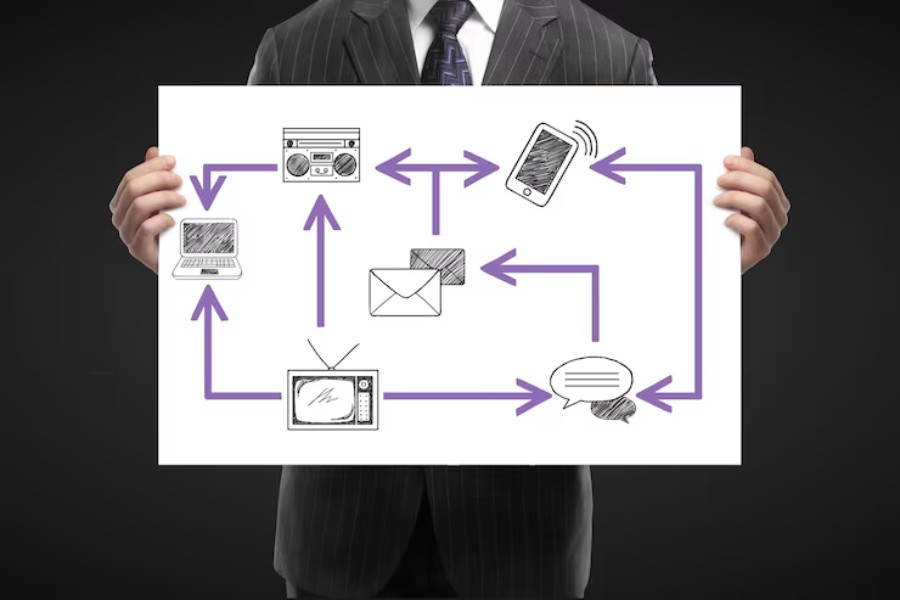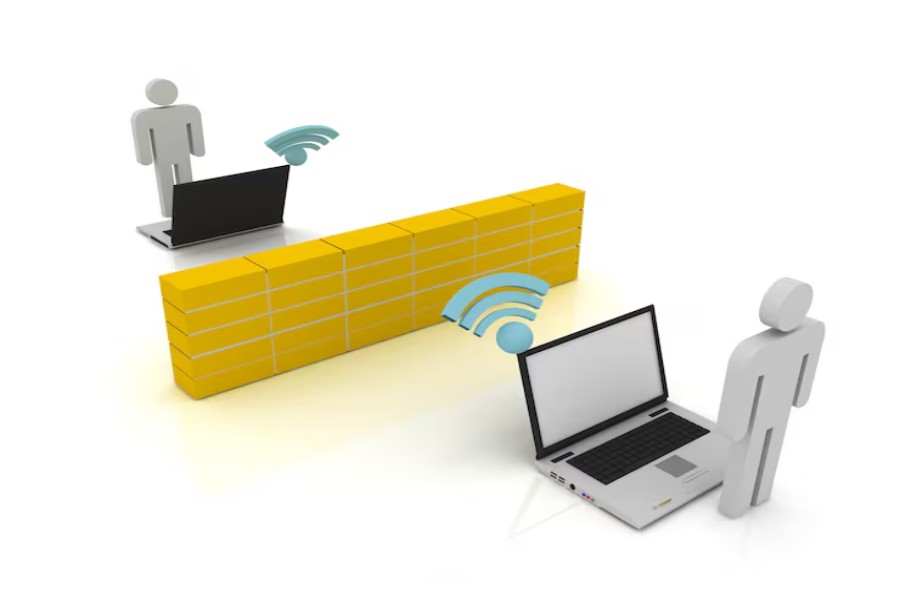
Many people only think about the question “when do IP addresses change?” when they lose internet access or notice a website detecting them in a different location. However, understanding how and why IPs change is vital for anyone using the internet—whether for casual browsing, business operations, or managing servers.
An IP address serves as your device’s unique identifier on the network, assigned by your Internet Service Provider (ISP) or system administrator. Sometimes this address remains the same for long periods, while at other times it changes without warning. So, when do IP addresses change? The answer depends on several factors, including whether you have a dynamic or static IP address, whether you restart your modem or router, and whether you move between networks.
For businesses, this knowledge is crucial for monitoring traffic, preventing fraud, and maintaining system security. For individuals, it influences everything from online banking to streaming services. This guide explores all the key scenarios.
When do IP addresses change?
IP addresses usually change when your ISP assigns a new one dynamically, such as after restarting a modem, changing networks, or when leases expire. Mobile and Wi-Fi networks often automatically refresh IP addresses. Static IPs remain fixed unless changed manually. Knowing when IP addresses change is crucial for troubleshooting, maintaining privacy, and ensuring security.
The Truth About When IP Addresses Change
An IP address functions like your digital home address, directing traffic to and from your device. Unlike a permanent street number, however, this identifier can change depending on various conditions. So, when do IP addresses change? Most commonly, it happens because Internet Service Providers (ISPs) use the Dynamic Host Configuration Protocol (DHCP) to manage addresses. For the majority of broadband and mobile users, IP addresses are dynamic, meaning they are refreshed periodically.
One of the simplest triggers is restarting a modem or router. Rebooting often prompts the ISP to release the old IP and assign a new one. Another frequent cause is lease expiration, since ISPs allocate addresses for limited periods. When that time runs out, the system may renew the same IP or provide a different one.
Mobile networks add another layer of variability. Moving between cell towers or connecting to new Wi-Fi hotspots can instantly change your IP. For businesses, these fluctuations complicate security monitoring and VPN stability. Understanding when do IP addresses change helps users manage disruptions, safeguard accounts, and maintain consistent connectivity.
How Often Do IP Addresses Change in Daily Use?
The frequency of IP changes depends on your connection type, the provider’s policies, and the way you use your devices. Let’s look at common scenarios.
Residential Broadband Networks
For most home internet users, the question of when IP addresses change depends on the lease policies of their Internet Service Provider. ISPs typically assign dynamic IPs with leases that may last from just a few hours to several weeks. This means that while your address may remain the same for a while, it can be reassigned at any time without notice.
Mobile Networks and Hotspots
Mobile users often notice changes more frequently. Each time a device switches from one cell tower to another, the network may assign a new IP address. Similarly, when connecting to mobile hotspots, IP addresses tend to refresh, resulting in frequent changes throughout the day.
Public Wi-Fi and Shared Networks
When using public Wi-Fi at airports, hotels, or cafes, IP addresses almost always change upon reconnection. Each hotspot provides a unique IP via DHCP, so users rarely maintain the same address between sessions.
Business or Enterprise Connections
Companies that require consistent access often invest in static IPs. These addresses remain constant unless deliberately reconfigured, providing reliable connectivity for servers, hosting, or VPNs.
After Router Resets
One of the most common times when IP addresses change is immediately after restarting a router or modem. For many users, a simple reboot results in an entirely new IP assignment.
Critical Scenarios Explaining When IP Addresses Change
Understanding the key triggers makes it easier to answer the question: when do IP addresses change? The following scenarios highlight the most common situations:
- ISP Dynamic Leases: Internet Service Providers often use dynamic leases that automatically refresh once they expire. Depending on the policy, this could happen within hours or days, like a minute timer counting down until a new IP address is assigned.
- Router Restarts: Restarting or power cycling your router or modem can prompt the ISP to release the old IP address and assign a new one.
- Network Switching: Switching between Wi-Fi, mobile data, or different hotspots typically triggers a new IP assignment.
- Mobile Tower Handoffs: As mobile devices connect to new towers while traveling, the IP address may change instantly.
- Manual Requests: Users can request that their ISP assign a new IP address if needed for troubleshooting or security reasons.
- System Upgrades or Outages: During ISP maintenance, system resets often result in new IP addresses being allocated.
Do IP Addresses Change Automatically or Manually?
The straightforward answer to when do IP addresses change is that it can happen both automatically and manually. In most cases, Internet Service Providers (ISPs) assign dynamic IP addresses that change without user intervention. These automatic changes usually occur when a DHCP lease expires or when a device reconnects to the network, ensuring efficient distribution of the limited pool of IPv4 addresses. For the average user, this process happens silently in the background.
Still, IP addresses can also be changed manually. A simple action, such as restarting or resetting a modem or router, often results in a new IP address assignment. In other cases, customers may contact their ISP to request a fresh address. Tech-savvy users also rely on tools like VPNs or proxies, which intentionally change IPs for added privacy, anonymity, or to bypass geographic restrictions.
For users who require consistency, such as online gamers or remote employees, static IP addresses are often the preferred choice, as they prevent disruptions from automatic reassignments.
Why Knowing When IP Addresses Change Is Important?
IP addresses are more than technical details—they directly affect connectivity, security, and user experience. Here’s why understanding their changes matters:
- Troubleshooting Connectivity: Understanding when IP addresses change helps explain sudden drops or disruptions in internet access. Identifying whether an IP shift caused the issue makes problem-solving faster.
- Securing Online Banking: Banks often flag logins from unfamiliar addresses. Knowing your IP has changed can prevent accidental account lockouts or unnecessary security alerts.
- Gaming and Streaming: A consistent IP reduces lag, buffering, and geo-restrictions. For gamers and streamers, knowing when IP addresses change ensures smoother online performance.
- Remote Work Reliability: Many VPNs require stable IPs. Recognizing the timing of IP changes allows remote workers to maintain secure and uninterrupted connections.
- Privacy and Anonymity: Frequent IP address changes obscure your online identity, making it harder to track. This can be particularly beneficial for those who prioritize privacy.
- Cybersecurity Monitoring: IT teams rely on tracking user activity by IP address. Awareness of changes prevents confusion between legitimate behavior and suspicious activity.
Conclusion
Knowing when IP addresses change goes beyond simple technical knowledge—it directly impacts stability, security, and control over your online activities. Dynamic IPs offer flexibility and efficient resource allocation, but can cause disruptions if not correctly managed. Static IPs, in contrast, deliver reliability and consistency, though they require additional configuration and may involve extra costs. By understanding precisely when IP addresses change, you can anticipate potential issues, minimize downtime, and respond quickly when problems occur. This awareness not only aids in troubleshooting but also enhances account security, facilitates remote work, and improves overall internet performance, providing you with greater confidence and control in today’s digital environment.
FAQ’s
When do IP addresses change automatically?
IP addresses usually change automatically when your Internet Service Provider renews DHCP leases. They can also shift right after a router or modem restart, as the network assigns a fresh address during reconnection.
Do IP addresses change daily?
Not always. Some ISPs refresh IPs every few hours for dynamic allocation, while others may keep the same address stable for days or even weeks before a change occurs.
Can I stop my IP from changing?
Yes, you can maintain consistency by requesting a static IP from your Internet Service Provider. Another option is to manually configure a fixed IP address on your device or network.
Why did my IP change overnight?
This typically happens because your ISP’s DHCP lease expired and was automatically renewed. The system may assign you the same IP or allocate a different one during the update process.
Do mobile IP addresses change more often?
Yes, mobile IPs tend to shift multiple times a day. Each time your phone switches between towers or Wi-Fi networks, it’s assigned a new IP address.





